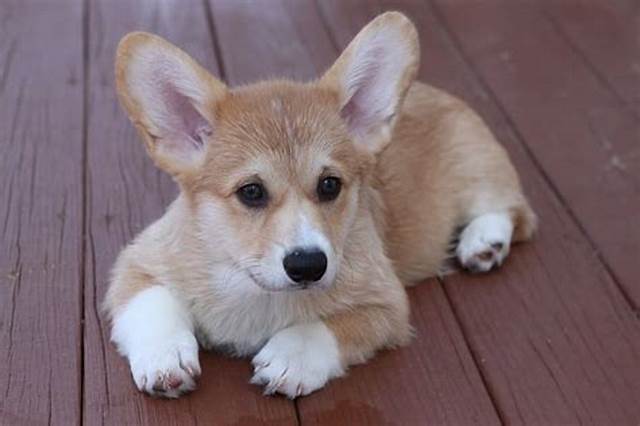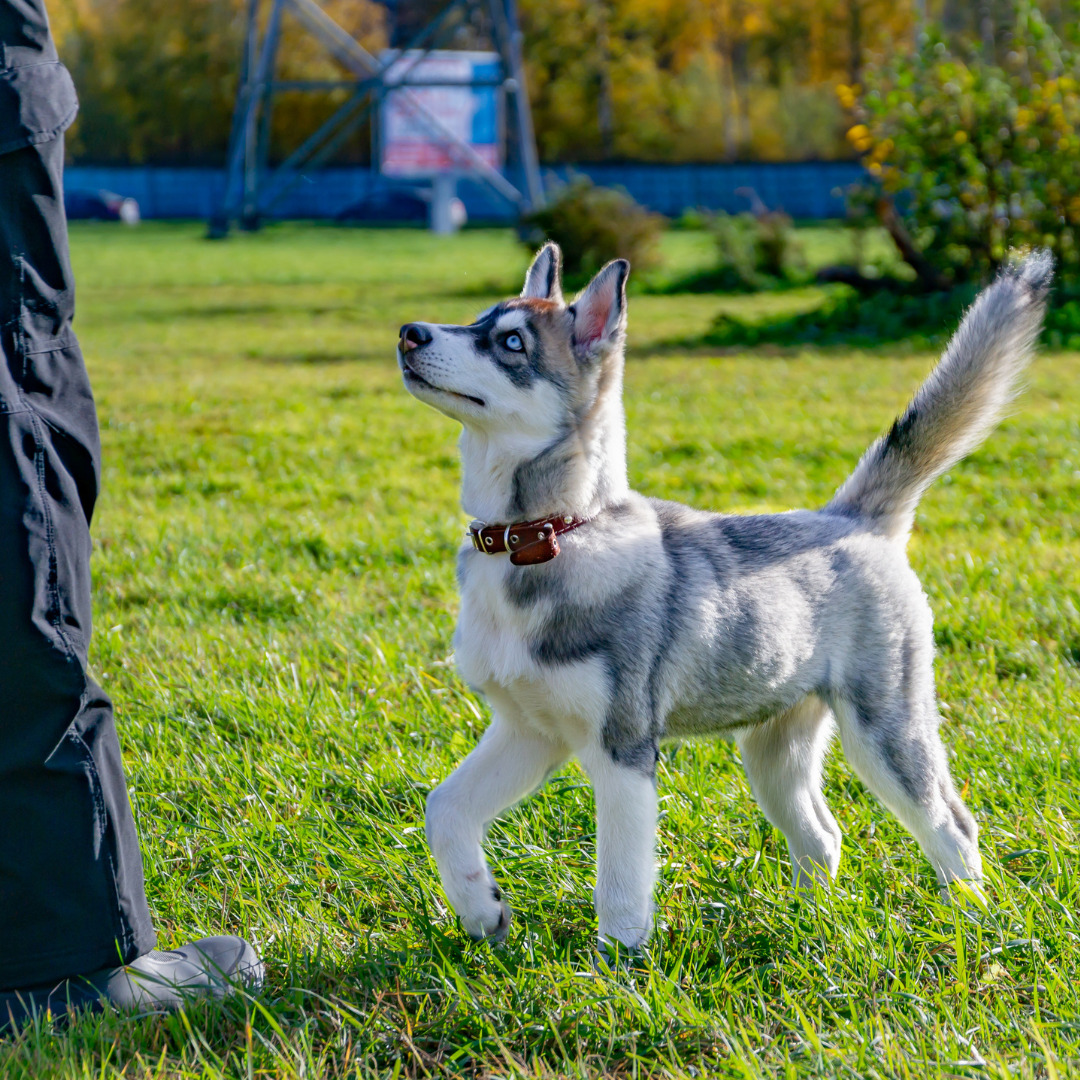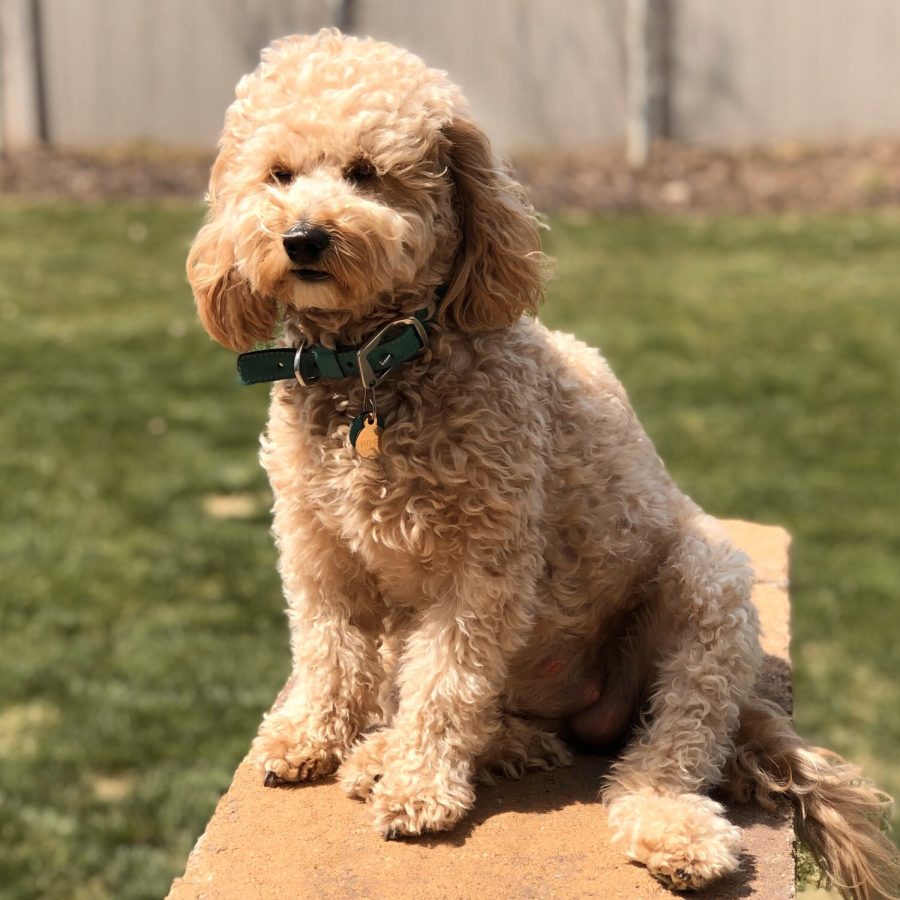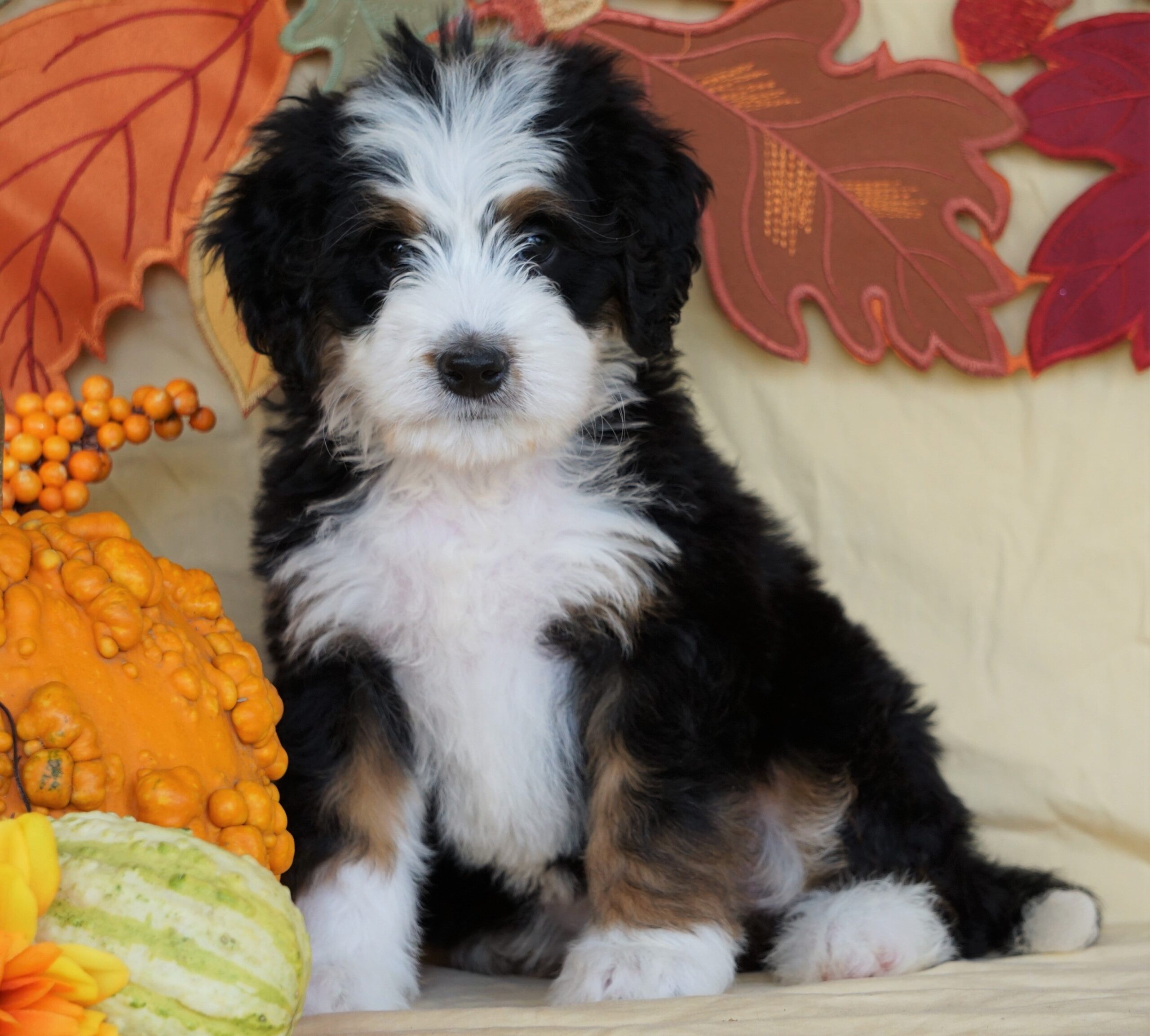Miniature Corgis, originating from Wales, are small in size with long bodies and short legs. Weighing up to 5 pounds, they boast thick double coats in various colors. Known for their playful and intelligent nature, they form strong bonds with their owners. Highly trainable, they respond well to positive reinforcement and mental stimulation. Regular grooming and exercise are essential for their well-being. As charming companions, Miniature Corgis require devoted care to thrive.
History of the Corgi
The historical roots of the Corgi breed can be traced back to Wales, where these dogs emerged as descendants of Spitz dogs and played crucial roles as guard dogs and cattle herders before gaining official recognition in 1925.
The Pembroke Corgis’ lineage can be dated back to 1107 AD, potentially introduced to Wales by Flemish settlers, while the Cardigan Corgis are believed to have arrived with Celtic tribes or Vikings. Originally utilized for guarding properties and herding cattle, Welsh Corgis showcased their versatility and intelligence.
Their compact size, low stature, and agile nature made them well-suited for herding tasks, navigating rough terrains, and managing livestock effectively. Over time, their innate herding instincts and loyalty endeared them to farmers and families alike.
The official recognition of Welsh Corgis in 1925 marked a significant milestone, acknowledging their invaluable contributions throughout history and solidifying their place as beloved companions.
Mini Corgi breeding & puppyhood
Mini Corgi breeding and puppyhood involve meticulous care and attention to ensure the health and well-being of these small yet spirited canine companions. Miniature Corgis typically give birth to litters of 2-4 puppies and reach full size by around one year old. Pregnancy can be challenging for Mini Corgi mothers, often necessitating cesarean sections due to their small size.
Breeders must be vigilant for signs of dystocia and have emergency veterinary contact information readily available. It is crucial for breeders to prioritize the health and safety of both the mother and puppies during the breeding and whelping process. Providing proper nutrition, socialization, and veterinary care is essential for the well-rounded development of Mini Corgi puppies.
Potential Mini Corgi owners should thoroughly research reputable breeders or consider adoption to ensure they are acquiring a healthy and ethically bred puppy. By adhering to responsible breeding practices and attentive puppy care, Mini Corgis can grow into happy and thriving companions.
Appearance
Occasionally overlooked in discussions of the miniature Corgi breed, their physical appearance captivates with a unique blend of charm and functionality. Mini Corgis typically stand around 10-12 inches tall and weigh up to 5 pounds, showcasing a compact yet sturdy build.
Their most distinctive feature is their long body paired with short legs, giving them an adorable and somewhat comical appearance. These dogs boast thick, double coats that shed continuously, with common colors including red, black, sable, and fawn. Mini Corgis also have long noses, expressive faces with big eyes, and upright ears that add to their endearing look.
The outer coat is weatherproof, while the plush undercoat helps regulate their body temperature. Their appearance is completed by various coat markings that further enhance their charm. Overall, the miniature Corgi’s appearance is a delightful combination of unique physical traits that make them both visually appealing and well-suited for their historical herding roles.
Personality
In exploring the miniature Corgi breed beyond their physical attributes, an analysis of their distinct personality traits reveals a charming blend of characteristics that define their demeanor and interactions.
- Playful Nature: Miniature Corgis are known for their playful and lively demeanor, always eager to engage in activities and games with their human companions.
- Affectionate Disposition: These small but mighty dogs are incredibly affectionate, forming strong bonds with their owners and showering them with love and loyalty.
- Intelligent and Alert: Mini Corgis exhibit high levels of intelligence, making them quick learners and responsive to training. Their alert nature also makes them excellent watchdogs.
- Social Butterflies: Despite their small size, Miniature Corgis are social butterflies, enjoying the company of both humans and other pets. They thrive in settings where they can interact and be part of a loving family environment.
Trainability
The efficiency of a dog’s training often hinges on their receptiveness to instruction and consistency in behavior. Miniature Corgis, known for their intelligence and loyalty, are generally highly trainable dogs. Their intelligent nature, ranking 11th out of 110 dog breeds, makes them quick learners and responsive to positive reinforcement techniques.
Mini Corgis thrive in short, fun training sessions that keep them engaged and interested. Due to their herding instincts, it is essential to provide them with mental stimulation and physical exercise to prevent boredom and potential behavioral issues. Consistency and patience are key when training Mini Corgis, as they respond well to routines and clear boundaries.
With proper socialization from an early age and positive reinforcement methods, Miniature Corgis can become well-mannered and obedient companions. It is important to establish a strong bond with these dogs through training, as their loyal and affectionate nature drives them to please their owners.
Are Mini Corgis good family dogs?
Mini Corgis are renowned for their gentle demeanor and suitability for family environments, making them excellent companions for households seeking a loyal and affectionate canine addition.
- Mini Corgis are known to be affectionate and loyal towards their family members, forming strong bonds with both adults and children.
- They thrive in social settings and enjoy being part of family activities, making them great companions for households with active lifestyles.
- Mini Corgis have a playful nature and are often good with children, displaying patience and a willingness to engage in fun and games.
- Their adaptability to various living spaces, whether it be a house with a yard or an apartment in the city, makes them a versatile choice for families of different sizes and living situations.
Do Mini Corgis bark a lot?
Renowned for their gentle demeanor and suitability as family companions, Mini Corgis are known to exhibit varying levels of barking behavior. Corgis, in general, have a tendency towards barking, and Mini Corgis are no exception. While each Mini Corgi may have its unique personality, some common factors can influence their barking habits.
Mini Corgis often bark to communicate with their owners, alert them of potential dangers, or express their emotions. They are known to be protective of their families, which can lead to increased vocalization when they sense unfamiliar people or noises. Proper training and socialization from a young age can help minimize excessive barking tendencies in Mini Corgis.
It is essential for Mini Corgi owners to understand that barking is a natural behavior for these dogs. However, consistent training, positive reinforcement, and providing adequate mental and physical stimulation can help manage their barking tendencies effectively. Monitoring their environment and addressing any triggers promptly can also contribute to a more peaceful living space for both the Mini Corgi and its owners.
General health issues
Common health issues affecting Mini Corgis include hypoglycemia, hip dysplasia, and epilepsy. These health concerns can impact the well-being of these beloved pets. It is crucial for Mini Corgi owners to be aware of these potential issues to provide appropriate care and early intervention when needed.
To ensure the health and longevity of Mini Corgis, consider the following points:
- Hypoglycemia: Low blood sugar levels can occur, especially in small breeds, leading to weakness and seizures.
- Hip Dysplasia: A genetic condition where the hip joint doesn’t develop properly, causing discomfort and mobility issues.
- Epilepsy: Mini Corgis may be prone to seizures due to abnormal brain activity.
- Degenerative Myelopathy: A progressive spinal cord disease that can result in hind limb weakness.
Regular veterinary check-ups, a balanced diet, adequate exercise, and a loving environment can contribute to a healthier life for Mini Corgis.
Mini Corgi care
The proper care and maintenance of a Mini Corgi are essential for ensuring their well-being and longevity. Mini Corgis have specific needs that owners should address to keep them healthy and happy. Here is a concise guide to Mini Corgi care:
| Care Aspect | Description | Tips |
|---|---|---|
| Grooming | Mini Corgis have short, straight fur requiring regular grooming 2-3 times a week. | Brush their coat to reduce shedding and matting. |
| Exercise | These high-energy dogs with herding instincts need daily physical activity. | Engage in interactive play and brisk walks. |
| Socialization | Mini Corgis are family-friendly but require proper socialization from an early age. | Expose them to different people, pets, and environments. |
| Health Maintenance | Regular vet check-ups, vaccinations, and a balanced diet are crucial for their well-being. | Monitor their weight and watch for any signs of discomfort. |
The cost of Mini Corgis
Moving on to the financial aspect of owning a Mini Corgi, one significant consideration is understanding the cost associated with acquiring and caring for these beloved small breed dogs.
- Initial Purchase Price: Miniature Corgis can range in price from $600 to $2000, depending on factors such as breeder reputation, pedigree, and location.
- Veterinary Expenses: Routine vet visits, vaccinations, spaying/neutering, and unexpected medical costs can average between $500 to $1000 per year.
- Food and Supplies: High-quality dog food, toys, grooming supplies, and other essentials can amount to approximately $500 to $800 annually.
- Training and Socialization: Professional training classes, obedience courses, and socialization activities may cost around $200 to $500 per year.
Understanding these costs can help prospective Mini Corgi owners budget effectively and provide the best care for their furry companions.
Conclusion
In conclusion, the Miniature Corgi dog breed, stemming from the Welsh heritage of Pembroke and Cardigan Welsh Corgis, offers a unique blend of compact size, endearing features, and playful temperament. Despite not being officially recognized as a distinct breed, Mini Corgis have gained popularity among dog enthusiasts for their charming characteristics.
Understanding their historical roots, breeding nuances, physical attributes, temperament, health risks, and care requirements is essential for prospective owners and admirers considering this delightful canine companion.




